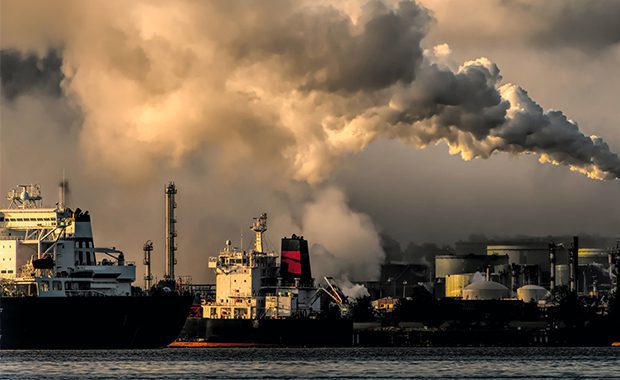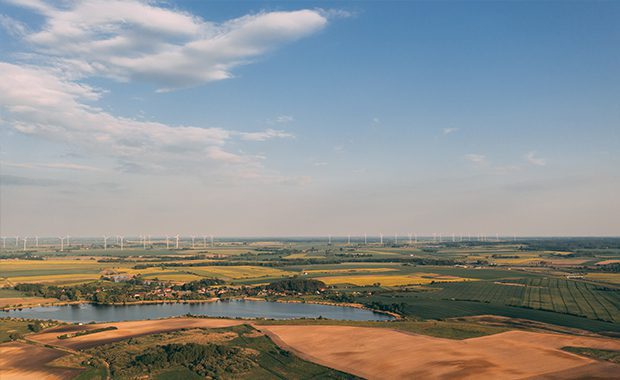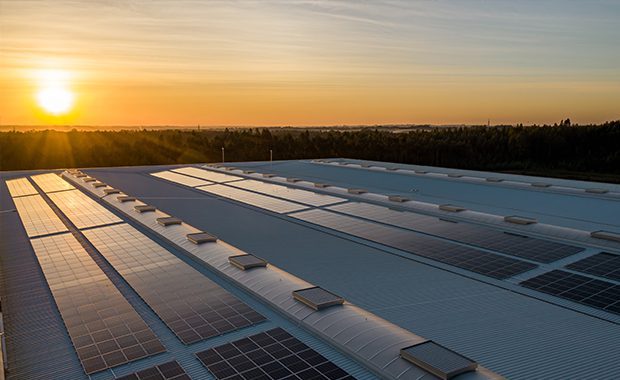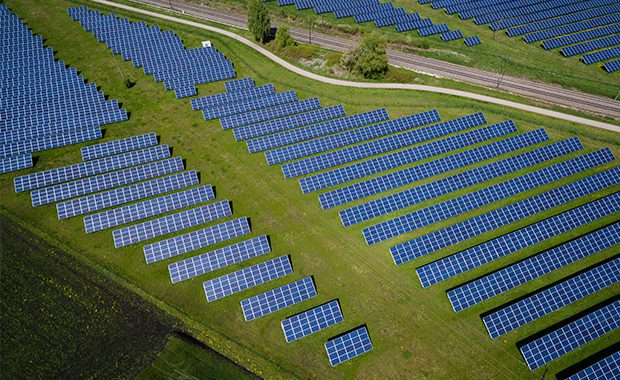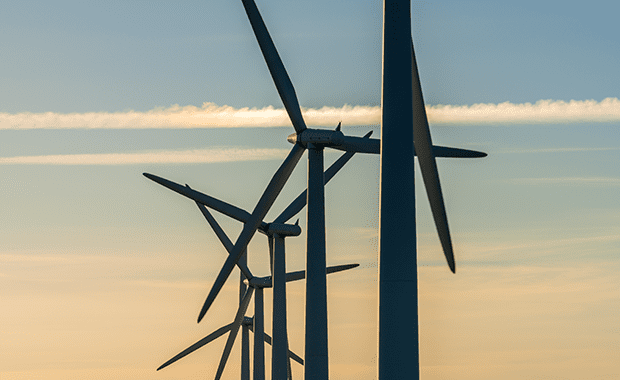GK consultant Hugo Tuckett takes a look at the potential of Carbon Capture Usage and Storage, assessing the UK’s credentials as a leader for a sector in its infancy.
It is abundantly clear that the Paris Climate Agreement’s aim of limiting global warming to 1.5C above pre-industrial levels is under serious threat. The recently published report by the Intergovernmental Panel on Climate Change (IPCC) makes clear that there is very little chance of keeping the world from warming by more than 1.5C (which would substantially reduce the effects of climate change). Indeed, the world has already warmed by 1.1C and experts now expect to breach 1.5C in the 2030s.
While significant progress has been made towards developing methods of clean energy generation – such as wind, solar and hydro – innovative new technologies continue to come forward which balance the other side of the equation, removing carbon directly from the atmosphere. A vital tool in our arsenal to hit the 2050 net zero target. Technology such as this not only buys us time to develop effective solutions to some of the most intractable challenges we face decarbonising our economy, but also provides us with a route to the eventual return to pre-industrial global temperatures.
In step Carbon Capture Usage and Storage (CCUS). Exciting research has identified a new method of sucking carbon dioxide out of the air and storing it in the sea, which promises to be three times more efficient that current approaches. The stored CO2 can be transformed into bicarbonate of soda and stored safely and cheaply in seawater. The development, although in early stages, has been welcomed by many in the field.
In the public policy world this begs the question; how can Ministers foster an innovative green economy and help bring these solutions to market?
The Government is undoubtedly moving in the right direction. The recent Budget allocated £20 billion of funding for early development of CCUS, far exceeding the reconfirmation of the £1 billion CCUS Infrastructure Fund at the 2021 Spending Review. Given the publication of the Third Climate Change Risk Assessment in January 2023 showed that for eight individual risks economic damages could exceed £1 billion per year each by 2050 with a temperature rise of 2C, those in industry will be relieved that Ministers are finally grasping the problem.
With a general election on the horizon, attention has inevitably turned to Labour and its approach to CCUS. Positive rumblings have certainly been forthcoming, not least the proposed National Wealth Fund which would seek to invest in and grow green industries. Moreover, Keir Starmer’s keynote New Year’s speech specifically cited investment in carbon capture as a central element of his ambition to hit 100 percent clean power generation by 2030.
In the absence of substantive detail, businesses involved in CCUS have the opportunity to shape Labour’s policy development to its advantage at a vital period in the pre-election cycle. Furthermore, given the significant uplift in funding announced at the 2023 Budget, chances to shape Government priorities in the rollout of CCUS will be abundant in the months and years ahead.
Positive advances in CCUS should grab everyone’s attention given the scale of the challenges we face decarbonising our economy and possibly one day returning to pre-industrial global temperatures. It is vital that Ministers work to create an environment in which green technologies such as CCUS can thrive in the UK.
GK consultants are on hand to offer our expertise helping companies navigate the UK’s political and policy landscape. Please get in touch hugo@gkstrategy.com for more information.

